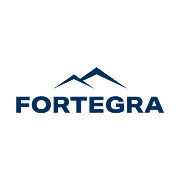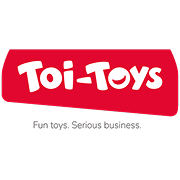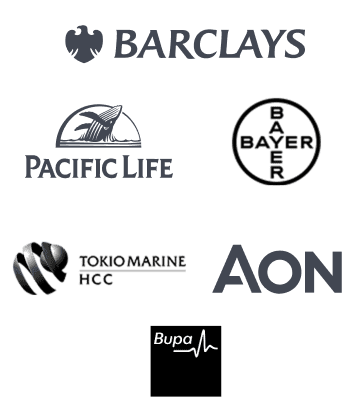Retail
- Home
- Solutions Overview
- Retail
InRule for retail
Retailers depend on automation to keep pace with changing customer expectations, shifting demand, and complex supply chains. InRule’s automation capabilities help retailers personalize offers, optimize inventory and replenishment, and ensure decisions are explainable and compliant. By combining rules, workflows, and predictive models, retailers can adapt quickly to market conditions while delivering consistent outcomes at scale.

Challenges for retail
Retailers need to adapt pricing, promotions, and supply chains in real time while protecting against fraud and delivering consistent customer experiences.

Dynamic pricing pressure
Rapid shifts in demand and competitive pressures require constant pricing adjustments, with high risk of mispricing.

Inventory and supply chain volatility
Global logistics complexity and demand swings create costly errors, delays, and compliance gaps.

Fraud and order risk
Rising online fraud requires explainable, real-time checks that balance speed with accuracy.

Customer experience demands
Customers expect instant, personalized offers with no delays or errors, leaving little room for manual processes.
Testimonials
What our clients are saying

Lee Company (facilities services)
Director of IT
Alabama Department of Public Health
Senior Manager
Fortegra Financial
Director of Application Development
Essity
Dana Chris Reaves, Director of IT
Residential Earthquake Insurance Company
VP Information Systems
Toi-Toys
Bart Daams: Regulatory Affairs & Compliance ManagerDriving real-time retail decisions with InRule
InRule powers dynamic pricing, promotions, supply chain approvals, and fraud prevention with rules, workflows, and predictive models. Analysts can trust their rules by adjusting promotions directly, operations teams manage approvals through lists and forms, and IT oversees audit-ready execution. With testing and versioning, retailers test effectively and deploy with confidence, ensuring pricing and operations stay aligned with demand.

Deliver personalized, real-time, and consistent retail decisions
Automation in retail supports both customer-facing and back-office processes, ensuring that promotions, pricing, and operations are efficient, explainable, and auditable.
Dynamic pricing and promotions
Apply rules to adjust prices and offers based on inventory, demand, and customer behavior. Analysts can change logic safely, reducing mispricing risk while keeping pricing decisions transparent.


Supply chain workflow
Model vendor checks, approvals, and replenishment steps. Lists and forms guide work, while integrations keep ERP and order systems in sync without manual handoffs.
Fraud and order checks
Evaluate customer orders against thresholds and patterns then route exceptions for review.


Regulatory compliance
Externalize decision logic and keep full trace of changes and executions. Reports and version history make reviews faster and easier.
Common areas include pricing, promotions, supply chain approvals, inventory replenishment, order validation, and fraud detection.
Rules can apply customer segmentation and behavior data to tailor offers and promotions. Predictive models add insights, while rules provide guardrails to keep decisions explainable.
Yes. Rules ensure vendor compliance and trigger replenishment or approval workflows, while predictive inputs forecast demand to reduce stockouts and delays.
Rules enforce thresholds and validation steps, while models flag unusual patterns. Together they make fraud detection both effective and explainable.
Customers get fair, consistent pricing, faster order processing, and relevant promotions — while teams maintain compliance and operational accuracy.
Look for business-friendly modeling, BPMN process modeling with lists and forms, testing and trace for audits, integrations with order and supply systems, and deployment controls for safe, rapid changes.
Resources
Explore the platform in action
Explore real-world examples of how organizations use InRule to unify rules, processes, and data. Read articles, watch webinars, and access expert insights on building transparent, adaptable automation.







